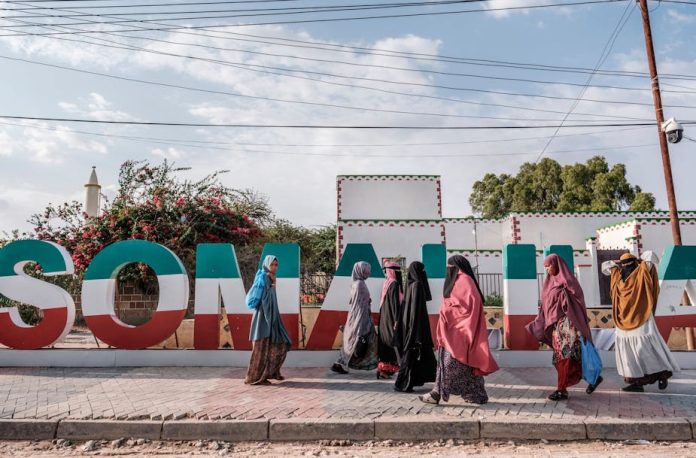Facebook Twitter (X) Instagram Somali Magazine - People's Magazine
In 1991, Somaliland declared its independence from the Somali Union, asserting itself as an independent state with its own political and administrative structures. Although it functions as a de facto nation, Somaliland lacks formal recognition, which limits its engagement in international diplomacy. This absence of global acknowledgment affects not only its political stance but also its economic resilience, as crucial financing and international aid often must pass through the Somali capital, Mogadishu.
Diplomatic Isolation of Somaliland: A Challenge Shared with Taiwan
Somaliland’s position mirrors other unrecognized states, like Taiwan, that operate independently but are excluded from organizations such as the United Nations. Without a formal seat in international platforms, Somaliland faces barriers to forging official ties with nations around the world, which, in turn, impacts its ability to negotiate on security, trade, and development. This diplomatic isolation remains one of Somaliland’s greatest obstacles, despite gaining support from some African and non-African nations.
A Turning Point Election in the Horn of Africa
The upcoming elections are viewed as a turning point for Somaliland and the broader region. President Muse Bihi Abdi’s administration will be tested on its ability to deliver political stability, strengthen Somaliland’s self-governance, and sustain its unique identity amidst external pressures. This election also has implications for regional power dynamics, as the Horn of Africa is marked by shifting alliances and rivalries that influence both local stability and international relations.
Regional and Global Implications of the Somaliland Elections
The elections come at a time when the Horn of Africa is under scrutiny for its strategic importance, with countries like Ethiopia, Kenya, and Djibouti keeping a close watch. The results in Somaliland could lead to renewed calls for recognition and intensify debates over autonomy and self-determination across Africa. Many believe the election outcomes will either solidify Somaliland’s position or challenge its legitimacy, impacting relationships and stability in the broader East African region.

